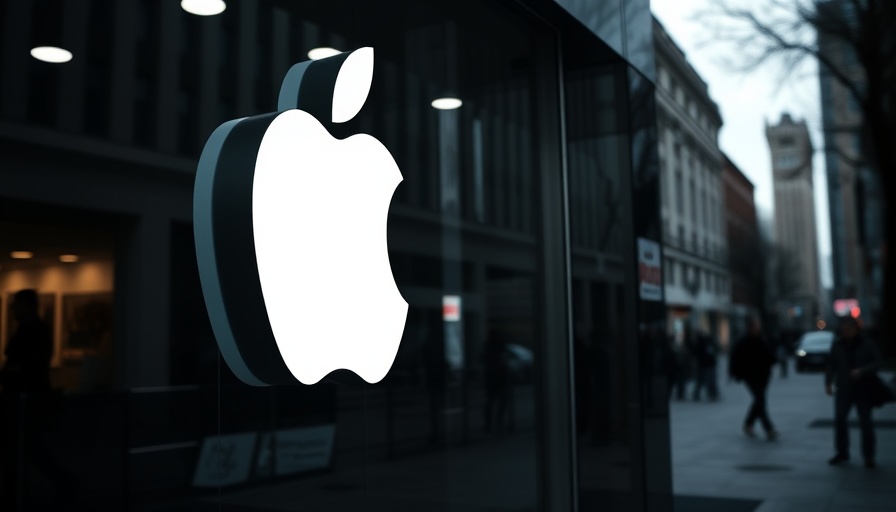
Apple's Commitment to User Privacy at a Crossroads
Apple's bold stance on user privacy has faced a significant challenge with its recent decision to disable Advanced Data Protection (ADP) in the United Kingdom. The company's choice, driven by demands for a government backdoor, raises pressing questions about the balance between security and privacy in a rapidly evolving digital landscape. With the UK government pressuring tech giants under the Investigatory Powers Act, the implications stretch beyond British borders, prompting concerns among users globally.
The Demand for Backdoor Access and Its Consequences
As reported, the UK Home Office sought backdoor access that would allow authorities to bypass encryption safeguards, enabling access to the private data of not only UK citizens but potentially users worldwide. Apple's refusal to comply—echoing their longstanding ethos of protecting user data—highlights a fundamental conflict between government oversight and individual privacy rights. The decision to disable ADP stems from the company's commitment to security; they had previously indicated that they would prefer to withdraw their services rather than compromise on core privacy principles.
A Global Perspective: Privacy Under Siege
The UK's move to demand backdoor access is part of a broader trend seen globally, where governments argue that encryption is a tool used by criminals to evade capture. Yet, this approach undermines the security of all users and could inspire similar tactics from other nations. As privacy advocates warn, allowing backdoors creates vulnerabilities that can be exploited by malicious actors, risking the privacy of everyday users. If encryption is compromised for a few, the entire framework of digital trust collapses.
What This Means for the Average User
The implications of this decision are far-reaching. For users in the UK, the removal of ADP means diminished protection for sensitive information stored on iCloud. While some types of data will still enjoy end-to-end encryption, such as passwords and health data, the loss of comprehensive protection poses risks amid rising cyber threats.
For consumers globally, this incident serves as a warning about the potential future of digital privacy. As Apple stated, they remain hopeful for a resolution that would allow them to revert the decision; however, the reality is clear: when governments prioritize surveillance over user autonomy, the entire ecosystem is threatened.
The Future of Encryption and User Trust
The backlash against the UK government's directive may pave the way for other tech companies to reconsider how they respond to government demands. Experts warn that if major players like Apple begin to roll back security features, the long-term repercussions could lead to a significant erosion of user trust in digital platforms.
Ultimately, the conversation isn’t just about Apple; it’s a larger conversation about digital rights, privacy, and the continual battle many tech companies are waging against pressures to conform to governmental oversight. Users everywhere will be watching closely and must advocate for unyielding encryption measures to ensure their personal freedoms are safeguarded.
 Add Row
Add Row  Add
Add 




Write A Comment